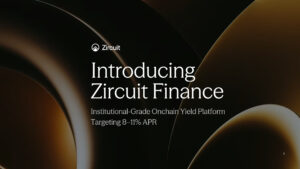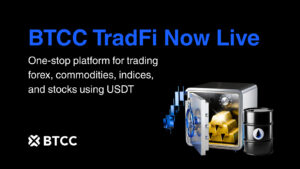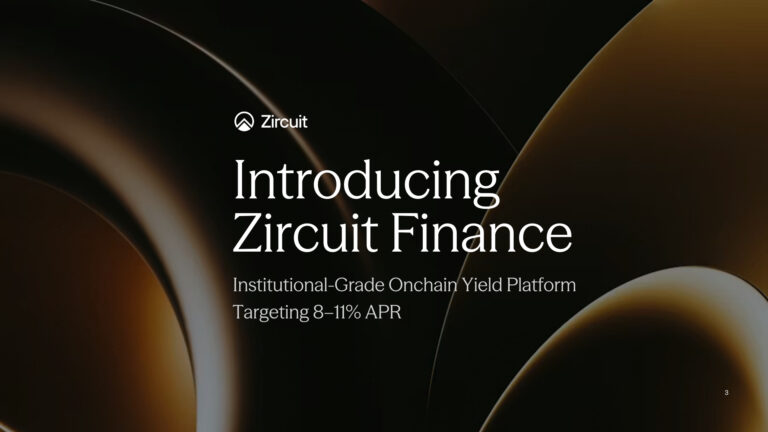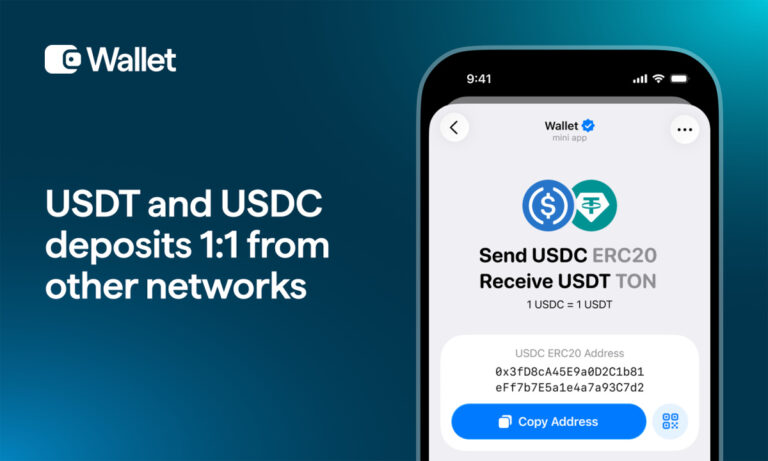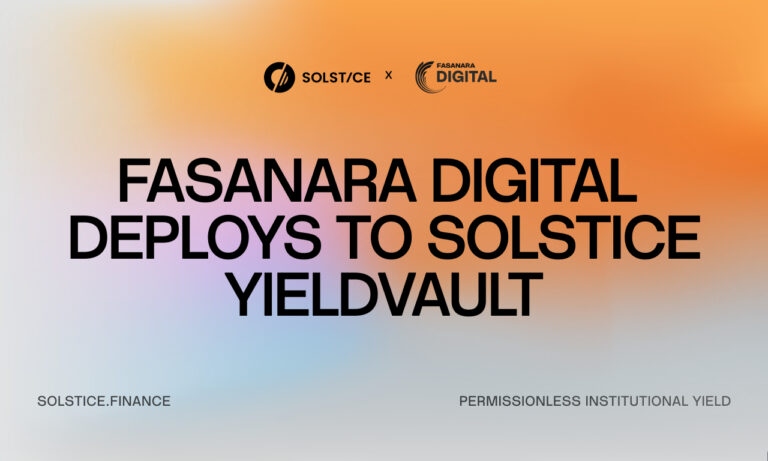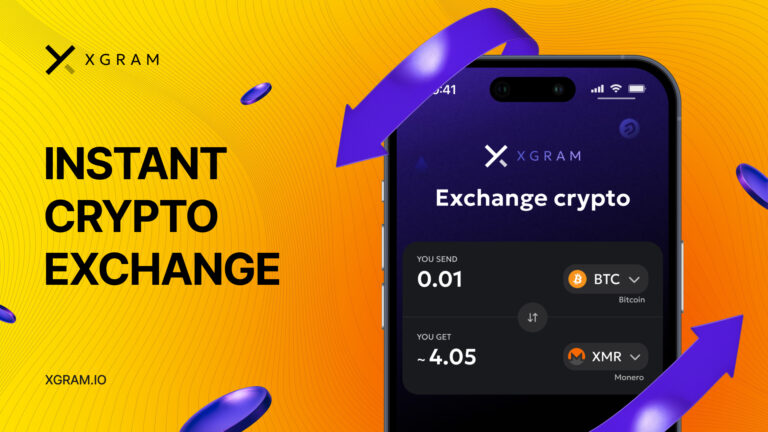Country Information
Extra Information
Website
Extra Links
Social Media & News
Ranking
Blockchain Overview
Category:
| Name | Category |
|---|
Frequently Asked Questions
Description
Disclaimer: The regulatory information provided below is for general informational purposes only and may not reflect the most current legal developments. Cryptocurrency regulations are rapidly evolving and can change frequently. This information should not be considered legal or tax advice. Before making any business or investment decisions, please consult with qualified legal, tax, or financial professionals familiar with your specific jurisdiction and circumstances. Always verify current regulations with official government sources and regulatory bodies.
Legal Classification & Regulatory Framework
Cryptocurrency Status
Austria has established a comprehensive and progressive regulatory framework for cryptocurrencies through the implementation of the European Union’s Markets in Crypto-Assets Regulation (MiCA). Cryptocurrencies are legally classified as “crypto-assets” under MiCA, defined broadly as digital representations of value or rights that can be transferred and stored electronically using distributed ledger technology or similar technology. This technologically neutral definition encompasses Bitcoin, Ethereum, and various other digital assets.
Unlike some jurisdictions, Austria does not recognize cryptocurrencies as legal tender or traditional currency. Instead, they are classified as intangible assets for regulatory purposes. This classification means that depending on their specific features and use cases, crypto-assets may trigger different regulatory obligations under financial services legislation, securities laws, or payment services regulation. The Austrian Financial Market Authority (Finanzmarktaufsicht or FMA) applies a “same risk, same rules” principle, ensuring that similar financial activities are regulated consistently regardless of the underlying technology.
The regulatory framework distinguishes between different types of crypto-assets: asset-referenced tokens (ARTs), e-money tokens (EMTs), and other crypto-assets, each subject to specific requirements under MiCA. Notably, certain tokenized assets, such as NFTs and security tokens, may fall outside MiCA’s scope and remain subject to traditional securities or property law, depending on their characteristics.
Tax Treatment
Austria implemented significant cryptocurrency tax reforms that came into effect in recent years, modernizing how digital assets are taxed. Under the current framework, income from cryptocurrency holdings is generally subject to a special flat tax rate of twenty-seven point five percent, treating crypto-assets similarly to other capital assets such as stocks and bonds.
The tax treatment depends critically on when cryptocurrencies were acquired. For crypto-assets purchased after February of a specific date in recent years, all realized gains are taxed at the flat rate regardless of holding period. This represents a departure from earlier rules that exempted long-term holdings from taxation. However, cryptocurrencies acquired before this cutoff date (“legacy holdings” or “old stock”) remain subject to the previous tax regime, where holdings sold after one year could be tax-free.
A significant benefit under the current tax system is that crypto-to-crypto exchanges are tax-neutral events. Converting one cryptocurrency to another, including swaps into stablecoins, does not trigger immediate taxation. This deferral continues until the crypto-asset is disposed of for fiat currency, goods, or services. Investors can also offset cryptocurrency losses against gains from other capital assets, including stocks, bonds, and derivatives, within the same tax year, providing valuable tax planning flexibility.
For cryptocurrency mining and staking, rewards are treated as current income from crypto-assets and taxed at the flat rate. However, staking rewards received through certain passive investment structures may not be taxed upon receipt, with taxation deferred until disposal. Corporate entities whose core business involves cryptocurrency trading or mining are subject to progressive corporate income tax rates rather than the special flat rate.
From the beginning of a recent year, Austrian cryptocurrency service providers have been required to automatically withhold capital gains tax from certain transactions, similar to the system already in place for traditional securities. This automatic withholding simplifies tax compliance for individual investors using domestic platforms.
Regulatory Oversight
The Austrian Financial Market Authority (FMA) serves as the country’s primary regulatory body for cryptocurrency activities. The FMA is an independent, autonomous, and integrated supervisory authority established to oversee banks, insurance companies, pension funds, securities firms, and now crypto-asset service providers. Under MiCA implementation, the FMA has been designated as the competent authority for all crypto-asset service providers (CASPs) and issuers operating in Austria.
Austria was among the first European Union member states to implement MiCA-compliant legislation through the MiCA-Verordnung-Vollzugsgesetz (MiCA Enforcement Act). This national law translates MiCA’s requirements into Austrian regulatory practice, establishing clear authorization procedures, supervisory standards, and enforcement mechanisms. The FMA began accepting CASP authorization applications and has published comprehensive guidance outlining application requirements, documentation expectations, and ongoing compliance obligations.
Crypto-asset service providers must register with the FMA and comply with stringent anti-money laundering (AML) and counter-terrorism financing (CTF) requirements under the Austrian Financial Market Anti-Money Laundering Act. This includes implementing robust customer due diligence procedures, transaction monitoring systems, and suspicious activity reporting mechanisms. Virtual asset service providers previously registered under AML regulations were given a transitional period to obtain full MiCA authorization.
The FMA maintains a specialized FinTech Contact Point and dedicated team to guide companies navigating the regulatory landscape. This proactive approach reflects Austria’s commitment to supporting innovation while ensuring appropriate oversight. The FMA also operates a regulatory sandbox established under Section 23a of the Financial Market Authority Act, allowing companies to test innovative products and services under controlled conditions for up to two years before full market launch.
Business Environment
Banking Relationships
Austria has developed notably positive banking relationships with the cryptocurrency industry, distinguishing it from many other jurisdictions where crypto businesses struggle to access traditional banking services. Several major Austrian and European banks have embraced partnerships with crypto platforms, signaling mainstream acceptance of digital assets within the financial sector.
The most prominent example is Raiffeisen Bank International’s partnership with Bitpanda, Austria’s leading cryptocurrency platform. Through this collaboration, Raiffeisen customers can access cryptocurrency trading services directly through the bank’s mobile application at branches throughout Austria. This integration represents a significant endorsement of cryptocurrency legitimacy by a major traditional banking institution. The partnership has achieved strong adoption rates, with customers primarily purchasing established cryptocurrencies like Bitcoin and Ethereum.
Deutsche Bank serves as a key banking partner for Austrian crypto businesses, providing Bitpanda with cross-currency solutions and real-time payment infrastructure. This relationship enables seamless fiat currency transactions and enhances operational efficiency for crypto service providers. Additionally, N26 Bank has integrated cryptocurrency trading capabilities into its mobile banking app, allowing customers to trade digital assets alongside traditional banking services.
These banking relationships reflect Austria’s progressive regulatory environment and the clear legal framework established under MiCA. Banks are more willing to work with crypto businesses when regulatory expectations are transparent and compliance pathways are well-defined. Austrian crypto companies benefit from access to local IBANs, payment processing services, and other essential banking infrastructure that remains challenging to secure in less crypto-friendly jurisdictions.
Licensing Requirements
Operating a cryptocurrency business in Austria requires appropriate authorization from the FMA under the MiCA framework. The specific licensing requirements depend on the nature of crypto-asset services provided. MiCA defines several regulated crypto-asset service categories, including: operating a crypto-asset trading platform, exchanging crypto-assets for fiat currency or other crypto-assets, executing orders on behalf of clients, placing crypto-assets, receiving and transmitting orders, providing portfolio management, providing advice on crypto-assets, providing custody and administration services, and providing transfer services.
The authorization process requires comprehensive documentation demonstrating organizational structure, internal controls, risk management procedures, compliance frameworks, and technical security measures. Applicants must have sufficient initial capital, appropriate governance arrangements, and qualified management with clean regulatory records. The FMA emphasizes that applications must be detailed and complete to avoid processing delays, and encourages early engagement through the FinTech Contact Point for preliminary guidance.
Anti-money laundering compliance is a critical component of licensing requirements. CASPs must appoint qualified AML officers, implement transaction monitoring systems, conduct customer due diligence, and maintain suspicious activity reporting procedures. They must also comply with the Digital Operational Resilience Act (DORA), which mandates robust IT security measures, regular stress testing, incident reporting, and business continuity planning.
Foreign crypto-asset service providers wishing to serve Austrian customers must either obtain MiCA authorization in Austria or passport existing authorization from another EU member state. Active solicitation of Austrian customers through German-language marketing, local influencers, or targeted advertising may trigger licensing obligations even for foreign-based entities. Application fees and ongoing supervisory fees apply according to the FMA Fee Regulation, with total licensing costs depending on the complexity of services offered and the scale of operations.
Innovation Support
Austria has demonstrated a strong commitment to supporting blockchain innovation and cryptocurrency business development. The government and regulatory authorities have adopted a progressive, innovation-friendly approach that balances technological advancement with appropriate consumer protection and financial stability safeguards.
The FMA’s regulatory sandbox provides a controlled environment where fintech companies can test innovative products and services that require authorization under financial services regulation. Companies accepted into the sandbox program can operate for up to two years under modified regulatory requirements while developing and refining their business models. This framework allows innovators to validate market viability, gather user feedback, and demonstrate compliance capability before seeking full authorization. The sandbox is designed to accelerate market maturity while maintaining public interest protections.
Austria established a FinTech Advisory Board (Fintech Beirat) to advise policymakers on digital financial innovation, representing a constructive dialogue between industry and government. This advisory body helps ensure that regulatory developments remain informed by practical business realities and technological possibilities. The FMA’s dedicated FinTech Contact Point provides specialized support to companies navigating regulatory requirements, offering preliminary assessments of business models and guidance on applicable legal frameworks.
Vienna has emerged as a significant European hub for cryptocurrency and blockchain startups, with a vibrant ecosystem of companies, investors, and talent. The Austrian government has shown openness to blockchain technology adoption in public sector applications, exploring use cases for digital identity, document verification, and administrative processes. While Austria has not pursued aggressive promotional policies like some jurisdictions, its combination of regulatory clarity, banking access, and institutional support has created an environment where legitimate crypto businesses can operate sustainably.
Market Characteristics
Adoption Patterns
Cryptocurrency adoption in Austria has shown steady growth, with notable variations across demographic groups. Research indicates that a meaningful percentage of the Austrian population holds cryptocurrency investments, with adoption rates significantly higher among younger generations. Nearly one in five Austrians has invested in cryptocurrencies, with this figure rising substantially among Millennials and Generation Z investors.
The adoption pattern reflects a generational divide in attitudes toward digital assets. Younger Austrian investors are drawn to cryptocurrencies for reasons including independence from traditional financial institutions, potential for high returns, technological innovation, and long-term growth potential. For Generation Z investors, cryptocurrencies rank among the most popular asset classes alongside ETFs and precious metals. A substantial majority of Austrians under forty-three expect Bitcoin prices to appreciate over the coming year, and many plan to increase their cryptocurrency investments.
Consumer cryptocurrency usage in Austria extends beyond investment speculation. Bitcoin ATMs are available throughout the country, and some merchants accept cryptocurrency payments. Austrian Post previously offered Bitcoin vouchers at thousands of locations, demonstrating mainstream distribution channels for cryptocurrency access. Major Austrian crypto platforms report hundreds of thousands of customers, with transaction volumes and user growth accelerating in recent years.
Institutional adoption has also progressed significantly. Major banks partnering with cryptocurrency platforms signals institutional validation, while wealth management firms increasingly incorporate digital assets into portfolio offerings. The regulatory clarity provided by MiCA has encouraged institutional participation by reducing legal uncertainty and establishing clear compliance frameworks. Austria’s position within the European Union’s single market enables Austrian crypto businesses to serve customers throughout the EU under harmonized regulations.
Industry Focus
Several key strengths and focal areas characterizeAustria’s cryptocurrency industry. The country is home to Bitpanda, one of Europe’s leading cryptocurrency platforms and Austria’s first unicorn company, achieving multi-billion valuations. Bitpanda exemplifies the type of crypto business that thrives in Austria: well-regulated, professionally managed, and integrated with traditional financial infrastructure. The platform offers trading in hundreds of cryptocurrencies alongside stocks, ETFs, precious metals, and commodities, representing a convergence of traditional and digital asset classes.
Austrian crypto businesses tend to emphasize regulatory compliance, institutional-grade security, and user experience rather than pursuing aggressive growth at the expense of stability. This reflects both the regulatory environment’s emphasis on consumer protection and the Austrian market’s sophisticated financial services culture. Companies operating in Austria typically maintain proper licensing, implement robust AML procedures, and prioritize operational resilience—characteristics that appeal to risk-conscious institutional clients and retail investors alike.
The Austrian crypto ecosystem includes not only trading platforms but also custody services, payment processors, blockchain infrastructure providers, and B2B technology solutions. Bitpanda Technology Solutions, for example, provides white-label cryptocurrency trading infrastructure to other financial institutions, enabling traditional banks and fintechs to offer crypto services without building systems from scratch. This B2B focus represents a significant growth area as established financial institutions seek to incorporate digital assets.
Austria has also seen development in cryptocurrency mining and staking services, blockchain consulting, and digital asset research. The country’s strong technical education system, multilingual workforce, and central European location make it attractive for companies serving pan-European markets. While Austria lacks the massive scale of some larger European crypto hubs, its combination of regulatory sophistication, banking integration, and quality-focused companies has carved out a distinctive market position.
Regulatory Evolution
Austria’s regulatory approach to cryptocurrencies has evolved significantly from initial skepticism to progressive, comprehensive oversight. Early official responses to cryptocurrencies were cautious, with authorities warning about volatility and consumer protection risks. The Ministry of Finance’s guidance on cryptocurrency taxation marked an important milestone, signaling official recognition that digital assets required clear legal treatment even if their long-term significance remained uncertain.
The establishment of the FinTech Advisory Board and regulatory sandbox represented a pivotal shift toward constructive engagement with cryptocurrency innovation. Rather than attempting to prohibit or ignore digital assets, Austrian policymakers chose to develop appropriate regulatory frameworks that could accommodate innovation while addressing legitimate risks. This pragmatic approach positioned Austria favorably as cryptocurrency markets matured and institutional interest grew.
The implementation of EU directives has heavily influenced Austria’s regulatory development. The Fifth Anti-Money Laundering Directive brought cryptocurrency exchanges and wallet providers under AML supervision, establishing the foundation for ongoing oversight. Austria’s early adoption of MiCA demonstrates a commitment to the EU’s harmonized approach to crypto-asset regulation. By being among the first member states to implement MiCA-compliant legislation, Austria has positioned itself as an attractive jurisdiction for crypto businesses seeking to establish EU operations.
Looking forward, Austria’s regulatory framework will continue evolving in alignment with EU developments. The Digital Operational Resilience Act (DORA) has strengthened IT security and operational resilience requirements for financial entities, including CASPs. Future EU initiatives addressing stablecoins, decentralized finance, and cross-border crypto-asset services will shape Austrian regulatory practice. The FMA’s active engagement with industry stakeholders and international regulatory bodies suggests that Austria will maintain its balanced approach—supporting legitimate innovation while ensuring appropriate safeguards for financial stability and consumer protection.
The increasing integration of cryptocurrency services into traditional banking represents a significant trend. As major banks incorporate digital asset offerings and crypto companies gain mainstream credibility, the line between traditional and crypto finance continues to blur. Austria’s regulatory framework facilitates this convergence by treating similar activities consistently regardless of whether they involve traditional or digital assets, creating conditions for sustainable long-term market development rather than speculative boom-and-bust cycles.
For Current Information:
Austrian Financial Market Authority (FMA):
https://www.fma.gv.at/en/
Austrian Ministry of Finance – Crypto Asset Taxation:
https://www.bmf.gv.at/en/topics/taxation/Tax-treatment-of-crypto-assets.html
Austrian Ministry of Finance – Financial Market Supervision:
https://www.bmf.gv.at/en/topics/financial-sector/financial-market-supervision.html
FMA FinTech Navigator – Bitcoin & Cryptocurrencies:
https://www.fma.gv.at/en/fintech-point-of-contact-sandbox/fintech-navigator/bitcoin-co/
Country Map
Crypto and Blockchain Articles

What Are Optimistic Rollups?

What are (Crypto)Currency Exchange Rates?

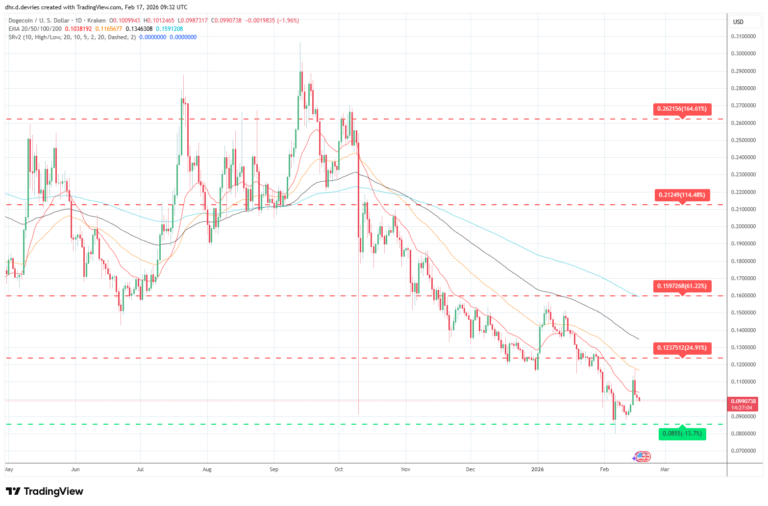
Dogecoin (DOGE) Price Prediction: Weekly Analysis February 17, 2026
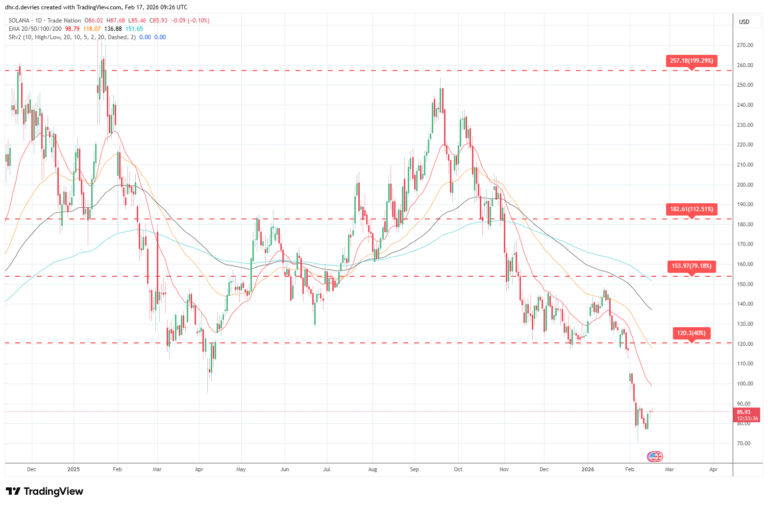
Solana (SOL) Price Prediction: Weekly Analysis February 17, 2026

What is Arbitrage Trading?
Press Releases and Contributions




